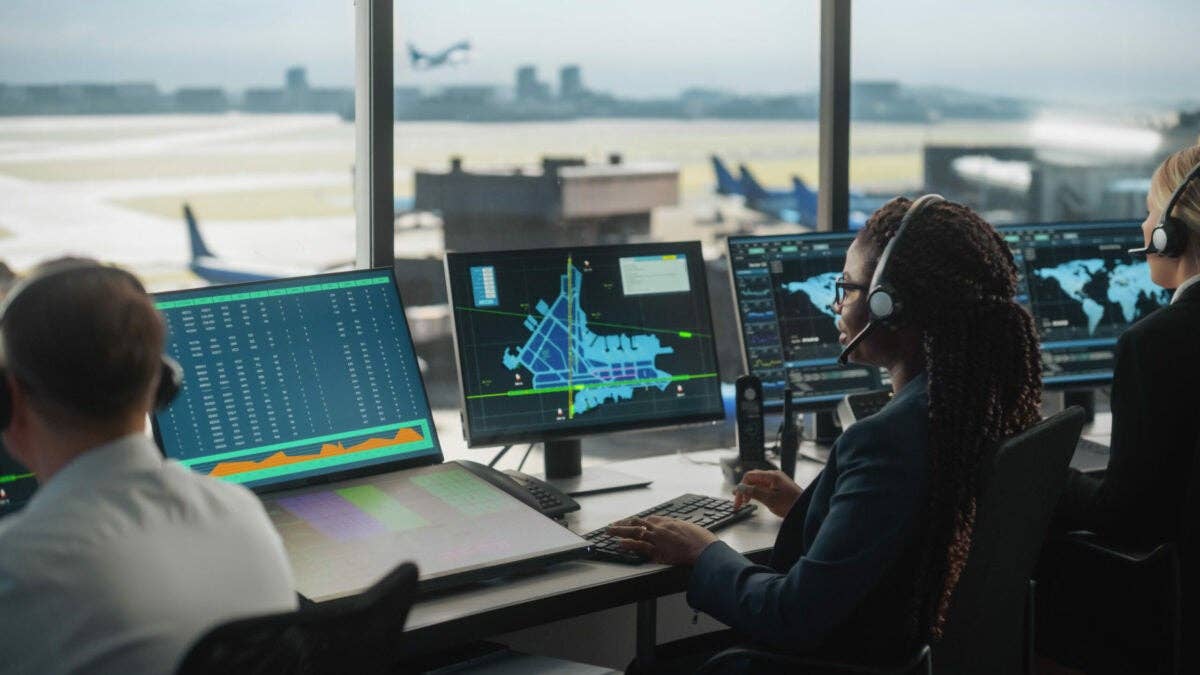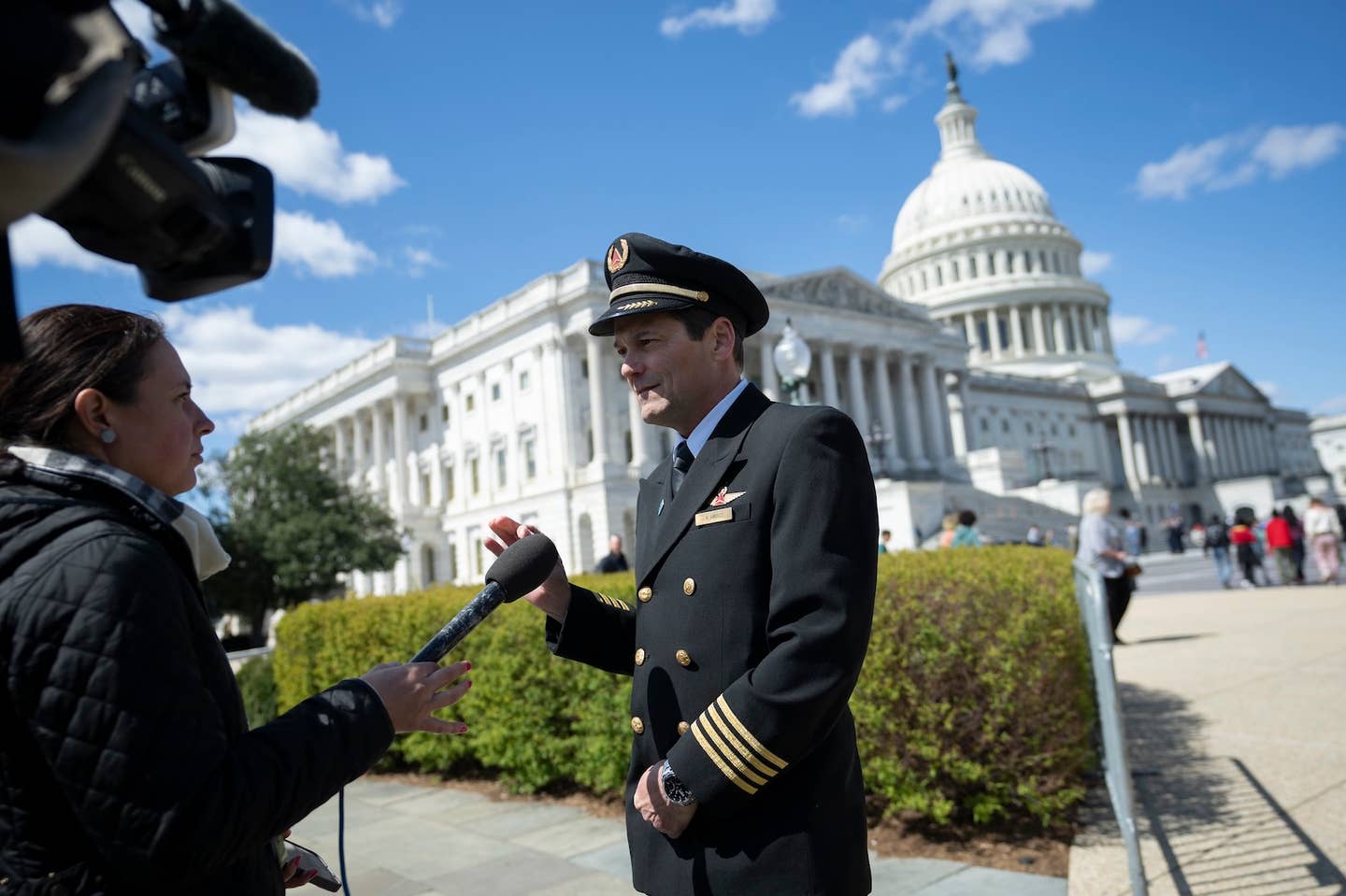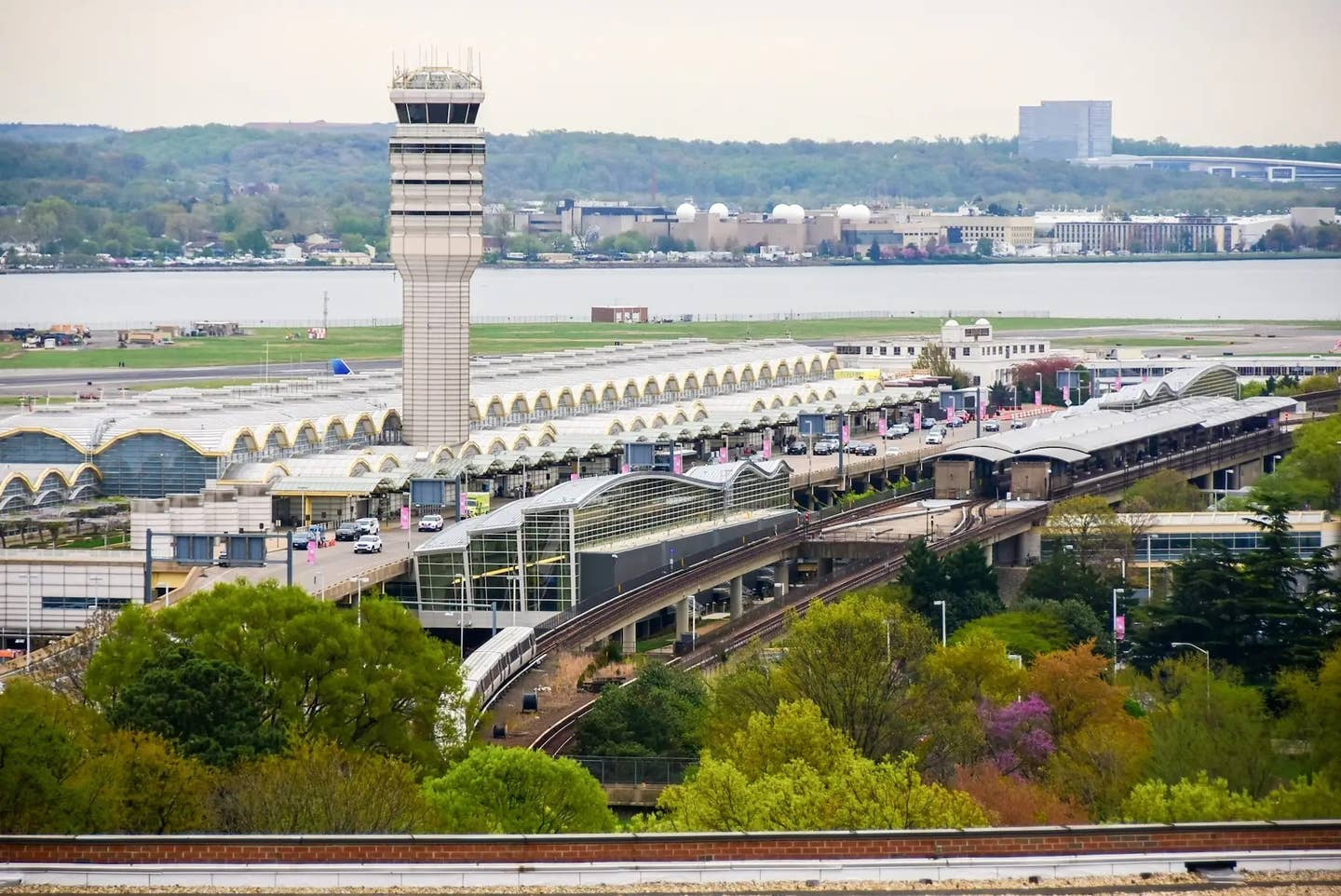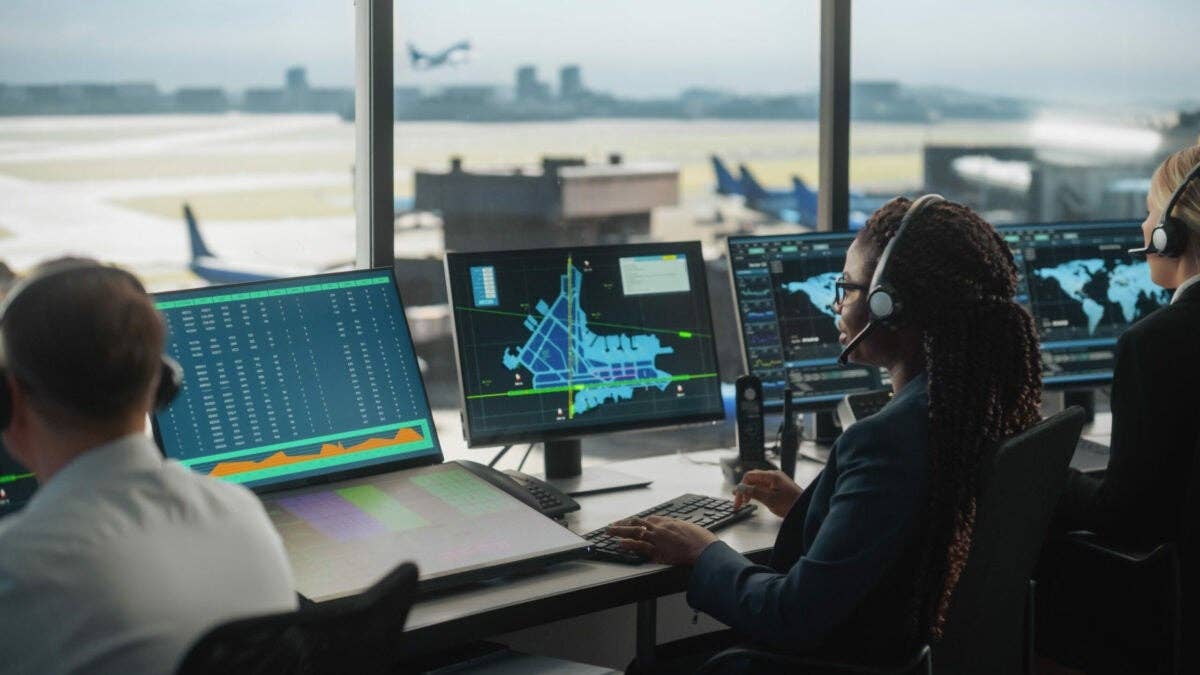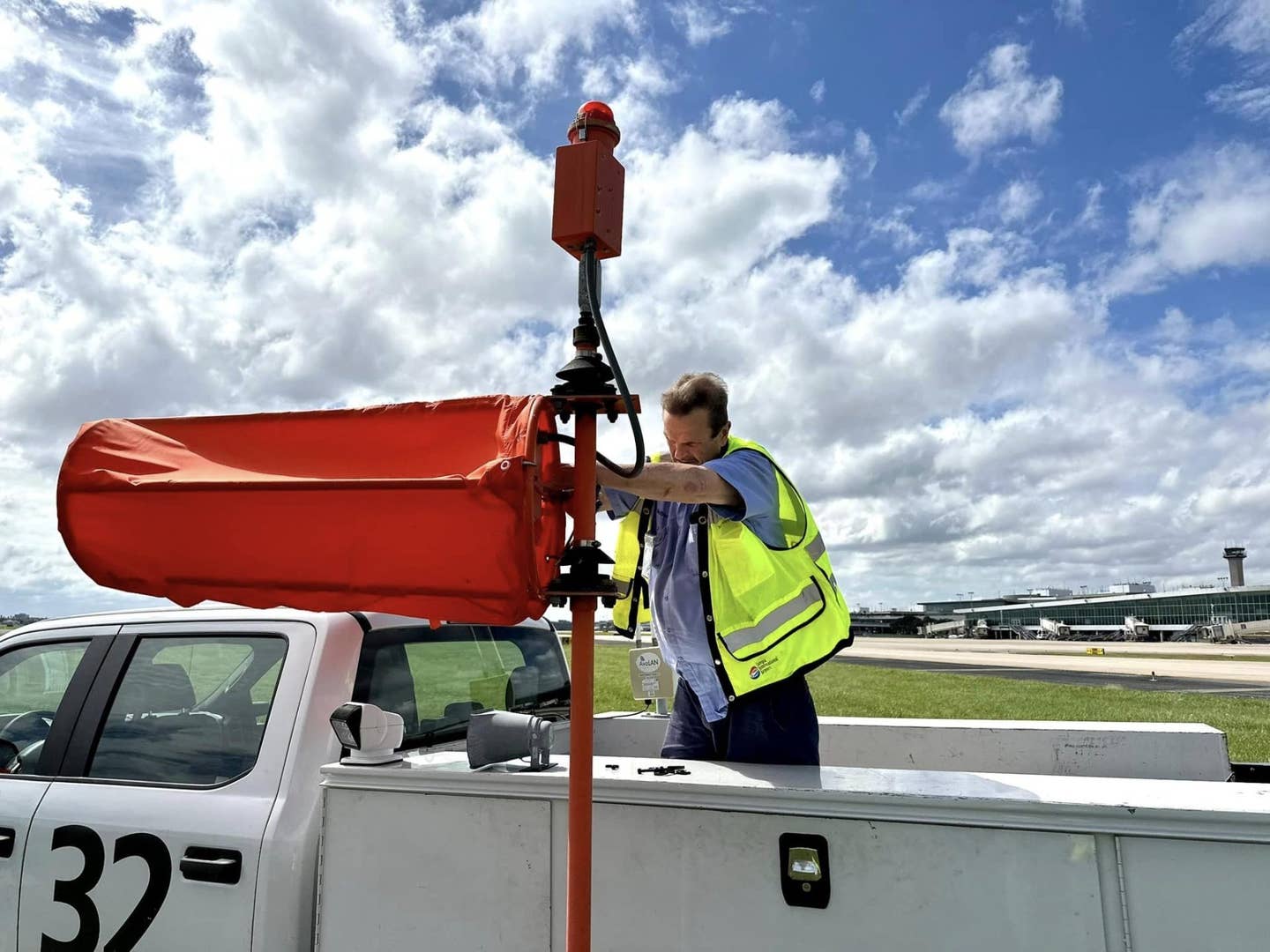How to Become a Charter Pilot
While many aspects are similar to becoming a commercial pilot, there are additional things to consider when starting a career as a charter pilot.
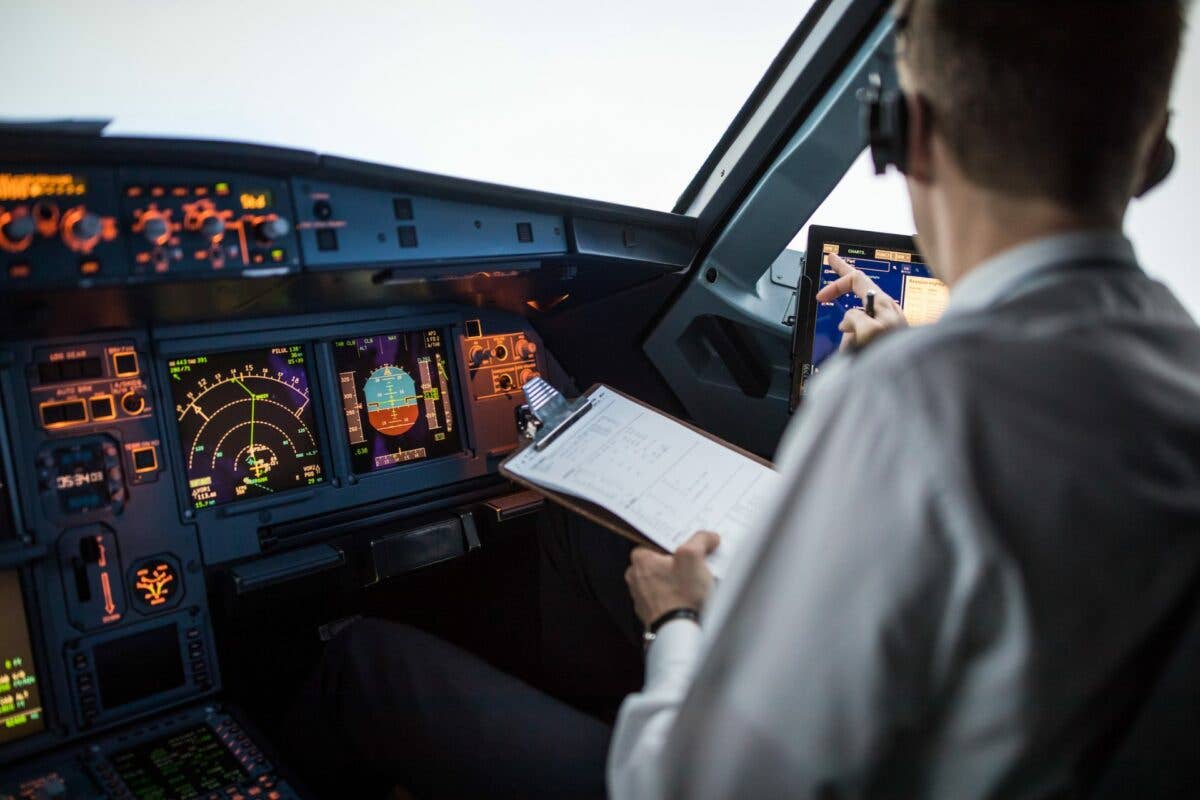
Charter pilots often specialize in a small number of aircraft types. [Credit: Shutterstock]
Charter pilots play an important role in the aviation industry.
Instead of flying large planes to big airports with hundreds of people on board, these pilots are tasked with transporting individual customers to specific destinations.
Many of the most important items for becoming a commercial pilot still hold true, but there are additional things to consider when starting a career as a charter pilot.
Types of Charter Pilots
There are a number of different ways to become a charter pilot.
Among the most common is to operate for a charter company—commercial operators that sell seats or a certain amount of flight time per year on private jets. These firms then hire pilots to operate their aircraft.
- READ MORE: How to Become a Military Pilot
Many charter companies, especially well-known operators such as NetJets or Flexjet, require just as much flight experience as large commercial airlines. Building time as a flight instructor or pipeline patrol pilot, and maybe even flying for a regional airline, is just as important for these companies as it is for career airline pilots.
The range of passengers on a commercial operator like this may be quite substantial. Some may be one-off passengers who need a pilot and plane for one flight or a defined trip. However, pilots can also fly regular customers who have purchased a fractional share of an aircraft for long-term use.
Some charter pilots work for hybrid companies that regularly fly for only one client. These companies, however, sometimes find it practical to charter out their aircraft if it’s not being used for an extended period. These operations give pilots the stability of flying one single airplane, or a small number of the same type, for a familiar customer with the diversity of a charter operation.
- READ MORE: Pilots’ Favorite and Least Favorite Airports
Still other charter pilots work as full-time contract pilots. These pilots don’t work for a specific operator but instead sell their own time on a day-to-day basis to private aircraft owners or operators who need a pilot for one defined mission.
This may often arise in cases where a regular company pilot is out sick or just left for another position, leaving a temporary vacancy that must be filled. However, sometimes opportunities also lead to long-term partnerships that offer consistent work for a small group of clients.
How to Succeed as a Charter Pilot
Charter companies look at things beyond just total flight time when hiring pilots.
Though, as with the big companies, a certain amount of total time and turbine time is important, charter pilots also need to be cognizant of how much they advertise the amount of time they have in different aircraft types.
Charter pilots often specialize in a small number of aircraft types, often defined roughly by families like the Cessna Citation series. Having more time in a certain type of aircraft allows a pilot, especially a contract pilot, to market themselves to people and companies that operate that specific type of airplane.
Upon reaching a specified amount of total time, pilots often fly for a charter company to build their total time in a certain type of aircraft, thereby making it easier to take other jobs flying that aircraft or other similar ones.
This does not make it impossible to move from one type to another. Building connections is critically important in charter aviation, and many pilots get new jobs simply because of who they know.
Meeting new people, attending job fairs, and even just hanging around a local airport can be highly beneficial to charter pilots looking to change jobs or move to a new operator.
- LOOKING FOR A PILOT JOB: Openings posted daily at FindaPilot.com
Charter flying is an incredibly rewarding career path. It allows pilots to fly to an incredibly wide range of airports, fly a range of aircraft, and meet various people.
The path to success is convoluted at times, but building the right experience and making the right connections will do wonders for launching a career into the flight levels.
Best Selling Aviation Headsets
Read reviews of each of these headsets from FLYING magazine:

Sign-up for newsletters & special offers!
Get the latest FLYING stories & special offers delivered directly to your inbox


